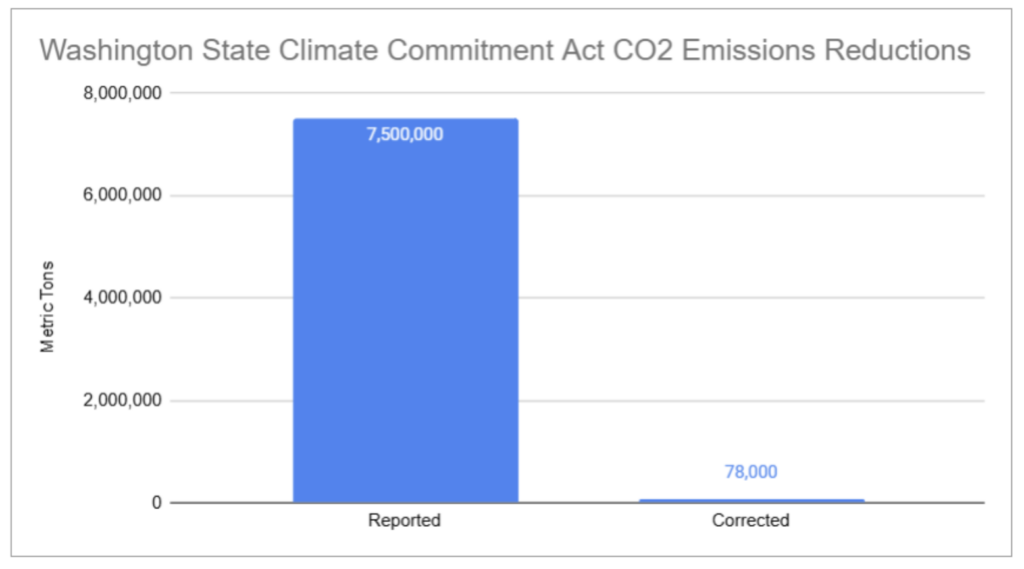On this episode of The Unregulated Podcast Tom Pyle and Mike McKenna discuss the impacts of the recent winter storm on America’s electric grid, the future of renewables and electric vehicles, and the latest updates from the Trump Administration.
Links:
- Lessons from the Big Storm
- Blue States, High Rates
- Burn Oil. Save Lives.
- When you lose the Washington Post…
- Here we go again. Nor’easter is a comin’
- More Novel Climate Lawfare…
- Census/Seats
- You heard of Dry January, but how about Vaganuary?
- Elon Musk is rumored to be floating merger between Tesla, xAI, and SpaceX
- Tesla pivot


